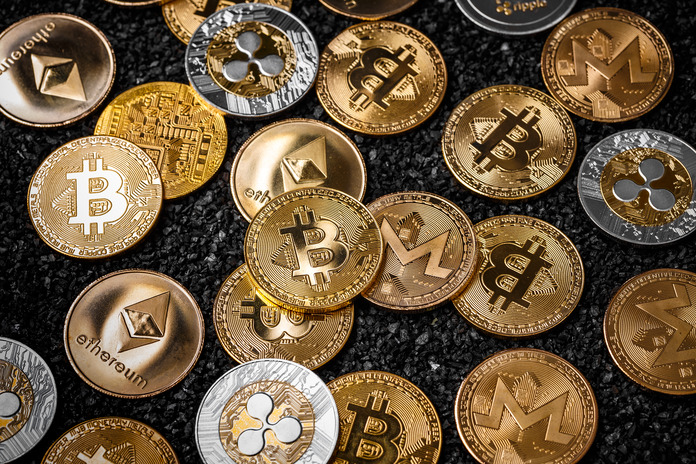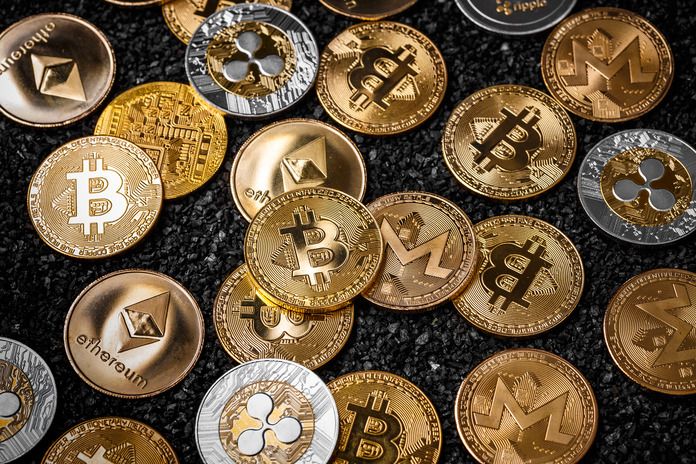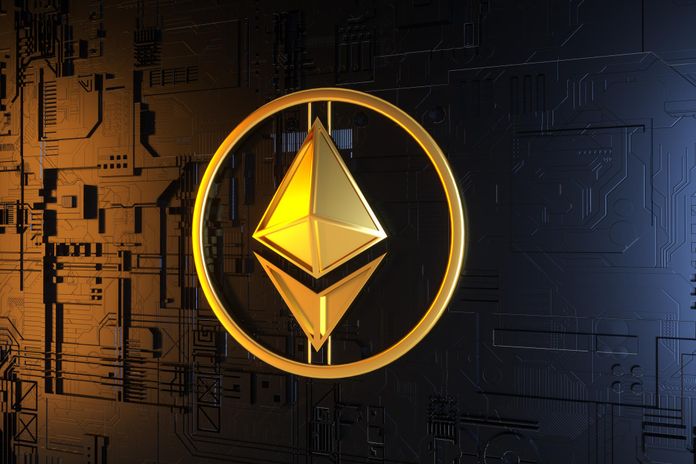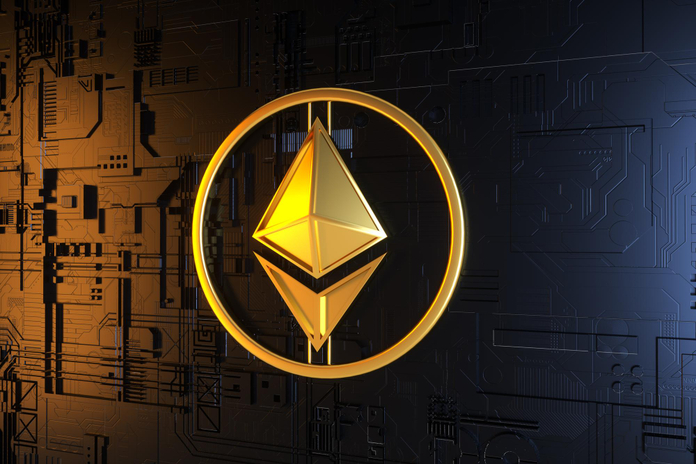Crypto: The Market Is Looking Good Again

In the ever-shifting landscape of cryptocurrencies, stability is as elusive as silence in a bustling marketplace. Values soar and plummet with a volatility that would make the most daring roller coasters seem tame. However, it appears that the digital currency market is experiencing a renaissance, with signs of recovery and growth.
Bitcoin: From Slump to Surge
Bitcoin, the flagship of cryptocurrencies, has recently been under significant pressure. A massive liquidation of 3,940 bitcoins by the United States triggered panic among investors, eroding confidence in the market’s stability. Last Monday, Bitcoin fell to $60,330 before plunging further to $58,474, showing strong selling activity. However, buyers managed to keep the price above $60,000, an important psychological threshold.
On Tuesday, Bitcoin showed signs of recovery, increasing by 2.52% to reach $61,848, with an attempt to surpass $62,000. By Wednesday, sellers had regained control, bringing Bitcoin down to $60,854 despite an attempt to stabilize. At the time of writing, CoinGecko shows a Bitcoin price of $61,826, representing a 1.3% increase in the past 24 hours.
Despite these turbulences, technical indicators suggest a possible bullish reversal. The Relative Strength Index (RSI) near the oversold zone indicates that Bitcoin could soon rebound. Analysts estimate that the bulls will be particularly active between $56,500 and $60,000, as a drop below this level could lead to a descent to $55,000.
If Bitcoin manages to recover, it will first aim for $62,000. Surpassing this threshold could propel Bitcoin to $65,000, a key resistance level. Breaking above this level might trigger a rally to $70,000, according to Crypto Daily.
Ethereum and Other Major Cryptocurrencies
Ethereum, often seen as the wise advisor of the crypto world, is currently trading at $3,457, marking a 3% increase. Binance Coin (BNB), the treasurer of the crypto kingdom, follows the bullish trend with a 1.8% increase in the last 24 hours, trading around $580. Polkadot, known as the tireless messenger, also shows respectable gains with a 9% increase, reaching $6.35.
Uniswap (UNI) and Solana (SOL) are also riding the wave of optimism, showing respective increases of 2.4% and 8.9%. These upward movements illustrate a market in full fervor, ready to challenge new heights.
Memecoins: Adding Lightness and Surprise
In this vibrant context, memecoins add a touch of lightness and surprise. Dogecoin, the favorite cryptocurrency of internet users and Elon Musk, saw its price increase by 1.4% over 24 hours, settling at $0.1247. Shiba Inu, another popular memecoin, experienced a significant rise of 1.8%, reaching $0.00001754.
Pepecoin (PEPE) recorded an impressive increase of 11.6% over a month, settling at $0.0000123. However, its 24-hour performance disappointed altcoin traders. Despite this, the figures show that even the most whimsical players can achieve glory on the crypto stage.
Altcoins: Crucial for Market Diversification
Altcoins, as pillars of the crypto ecosystem, play a crucial role in the diversification of portfolios and market stabilization. While major cryptocurrencies like Bitcoin and Ethereum dominate headlines, altcoins offer unique opportunities for investors looking to diversify their holdings. The current market conditions suggest that many altcoins are poised for significant growth, contributing to the overall health and dynamism of the crypto market.
The Road Ahead
The recent data and trends indicate a cautiously optimistic outlook for the cryptocurrency market. As Bitcoin and other major cryptocurrencies show signs of recovery, and as altcoins and memecoins continue to capture the interest of investors, the market appears to be gearing up for a new phase of growth. However, investors should remain vigilant and consider the inherent volatility of the market.
Overall, the cryptocurrency market is demonstrating resilience and potential for growth. The coming months will be crucial in determining whether this positive trend continues and whether the market can sustain its current momentum. With continued interest and investment, the crypto market may well be on the verge of a significant upswing, offering new opportunities for investors and enthusiasts alike.
Featured Image: Freepik © grvstudio




